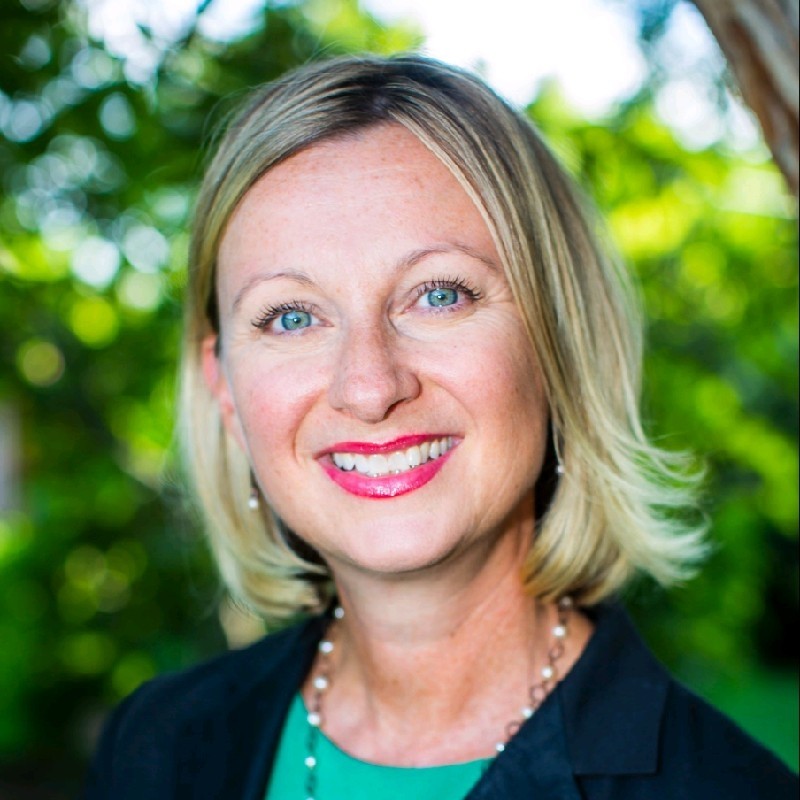Physicians stand at an exciting intersection of clinical care, research, public policy, and leadership. One of their key clinical tasks is to generate an optimal management plan for each patient, which often involves selecting appropriate medications. Forging appropriate and effective relationships with members of the pharmaceutical industry can leverage their expertise, allowing physicians to more effectively operate at the top of their skillset. This is an elemental goal of interprofessional education and practice. The following is an interview with Sharon Martin, DNP, APRN, FNP-c, who works as a Medical Science Liaison (MSL) for a novel drug development company, Gamida Cell LTD.
What exactly is an MSL? A Medical Science Liaison is a scientific expert who works for a pharmaceutical or medical device company in a particular therapeutic area (TA). MSLs work within research and development to help disseminate new data to physicians within their TA, help identify clinical sites and potential principal investigators for clinical trials, provide disease state education to clinical teams, and collect insights from providers to help inform and drive new research and therapies to improve patient outcomes.
What qualifies someone for this role, as far as education, interests, and skills? Most MSLs have a terminal degree in a scientific field, most commonly as a Ph.D. or PharmD. In recent years there has been increased demand for MSLs with a strong clinical background such as Nurse Practitioners and Physician Assistants. MSLs must be well-versed in their TA including staying abreast of current publications, conferences, and congresses. Strong public speaking skills and high emotional intelligence are key as building relationships within their TA across their territory is key to success. Additionally, being willing to travel and adapt to the shifting needs of providers is important. Finally, being self-motivated is essential. Most MSLs work remotely. Outside of team meetings and other internal education opportunities, MSLs manage their own territory and organize their schedule around the needs and availability of the providers they serve.
How do you, and your company, interact with various healthcare professionals, especially with physicians? MSLs engage with physicians to help bring new, relevant research to their clinical practice. MSLs also seek out physicians who are recognized as being “key opinion leaders” in their field to sit on advisory boards and collaborate with other thought leaders to help direct future research that will benefit patients. Finally, MSLs collaborate closely with physicians who are principal investigators to help navigate site initiation visits, interim data reporting, and patient selection for clinical trials.
How can physicians best utilize a relationship with MSLs? Some physicians are very comfortable engaging with MSLs and leverage the collaborative relationship to the benefit of their team. Beyond looking to understand why and how physicians choose different treatment options for different disease states, MSLs are eager to serve clinical teams with un-branded and current disease state education. MSLs understand how busy clinical teams are. We want to help keep teams knowledgeable and high functioning so they can have more time to serve their patients.
How is your time spent as an MSL? I spend a lot of time profiling institutions and physicians to discover their current research interests and capabilities, their recent publications, and podium presentations, even reviewing their social media presence, etc. I might spend a day emailing dozens of physicians to schedule future meetings. I typically have 2-5 meetings with physicians a week, during COVID mostly virtual and usually just 30 minutes in length. I might attend a virtual conference or read dozens of new journal articles. I might also host internal or external disease state education or conference updates. Finally, I attend weekly cross-functional meetings across medical affairs, commercial, payer access, and advocacy teams within my company. No two days ever look the same!
What inspires you about your job, and what do you find challenging?
I am inspired by patients and the physicians, APPs, nurses, and other team members who dedicate their lives to patient care. As a former busy stem cell transplant and cellular therapy nurse practitioner, I know how rapidly the treatment landscape can shift, and how patients rely on their providers to use high quality research to guide treatment decisions. My goal is to connect patients with the most current science and data via my collaborations with HCPs, to help teams stay abreast of what they need to know today, and to connect the insights and needs of clinical teams with my company, so together we can design better clinical trials and better therapies for future generations of patients.
Jessica Pirkle is a member of the Class of 2022 at the University of Arizona College of Medicine-Phoenix. She completed a BA in Spanish at ASU and worked for several years as a school teacher before switching gears and obtaining an MS in Health Care, also at ASU. When not studying the marvels of medicine, she enjoys making and eating delicious healthy food with her four children, and daydreaming about being a music festival groupie.


